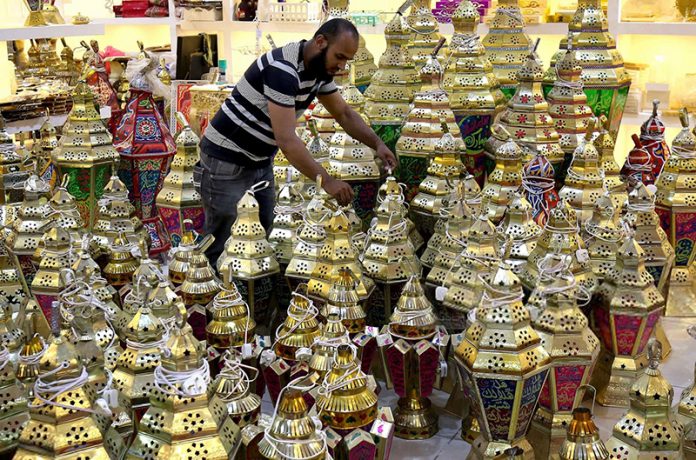Passed on from one generation to another, these noble traditions are now beginning to wane under the influence of modernity in some places. For instance, firing of the traditional Ramadan cannon, which has been kept alive despite recent advancements in technology, is being questioned in some places for the noise pollution it creates.
The tradition of firing a cannon to mark the break of fasting, is said to have originated in Egypt, and was later embraced by other countries in the Arab world. Though it serves no practical use to the present generation due to advancements in communications and proliferation of the internet and mobile apps, it is still preserved in many parts for its symbolic significance during the holy month.
Dating back to the early 1960s, the cannon was fired every day, since the first day of Ramadan, to convey the end of a day’s fast, and the beginning of Iftar. Even though times have changed, and the tradition is quite old, it is very much anticipated by all its spectators, and is held onto tightly by the observers of traditional Islamic rituals. A single shot announces the end of a fast, while two shots announce the beginning of the blessed month of Ramadan, and Eid al-Fitr. Kuwait too participates in this tradition.
The firing of the ‘Midfa al-Iftar’, which takes place daily at the Naif Palace in Kuwait City, not only attracts families, but is also broadcasted live on Kuwait television channels and radio. The firing, which is conducted by three guards in red livery, is usually held in the open yard of the palace decorated to honor the custom.
A few other Kuwaiti traditions that have stood the passage of time include, Graish — a traditional pre-Ramadan feast when family members and even neighbors gather before the commencement of the holy month; Girgian — which is similar to the Western ‘trick or treat’, where children go from door to door trying to collect candies and nuts; and Ghabqa — where friends and families gather to spend Ramadan evenings together.
Although many of the customs and traditions have changed over the years, the spirit of Ramadan continues to thrive and inspire many even among the younger generation.


















